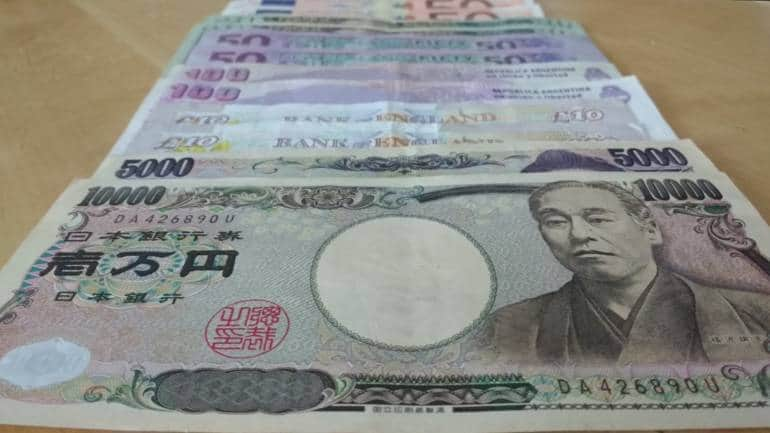
Covid-hit Japanese firms’ voracious need for funding boosted bank lending faster in April than at any time since the 2009 global financial crisis.
Lending at Japan’s major banks jumped 3.4% in April, from a year earlier, following a 2% increase in March.

Access deeper industry intelligence
Experience unmatched clarity with a single platform that combines unique data, AI, and human expertise.
Japan’s central bank, like its counterparts elsewhere, has put in place a scheme designed to reward financial institutions for lending to small businesses suffering from the coronavirus pandemic.
As part of its $1.1tr stimulus package, the government has laid out various programmes offering cheap loans to companies hit by a coronavirus-related slump in sales.
Official data show that a large number of financial institutions have rushed to join the Bank of Japan’s new cheap loan programme. The resulting flood of money injected into a wide range of affected firms is the reason behind the record lending rate.
Broadening support for companies
The Bank of Japan will pay 0.1% interest to commercial banks that boost such lending.

US Tariffs are shifting - will you react or anticipate?
Don’t let policy changes catch you off guard. Stay proactive with real-time data and expert analysis.
By GlobalDataInitially, the measures targeted large companies that can borrow easily from banks or tap credit markets. But in recent weeks, the central bank has made sustained efforts to reach out to smaller businesses that could go under without immediate funding support.
These efforts continue and many analysts expect lending rates to rise still further.
More relaxed social distancing
Earlier this month, prime minister Shinzo Abe extended the state of emergency until the end of May. A move prompted by fears that relaxing physical distancing too soon could flood already crowded hospitals with more covid-19 patients.
The social distancing measures in the far eastern country remain far less restrictive than those imposed in the US and parts of Europe, with no fines or other penalties for those who do not comply.
As of today, 14 May, Japan has reported 16,049 coronavirus cases and 678 deaths from the virus.







